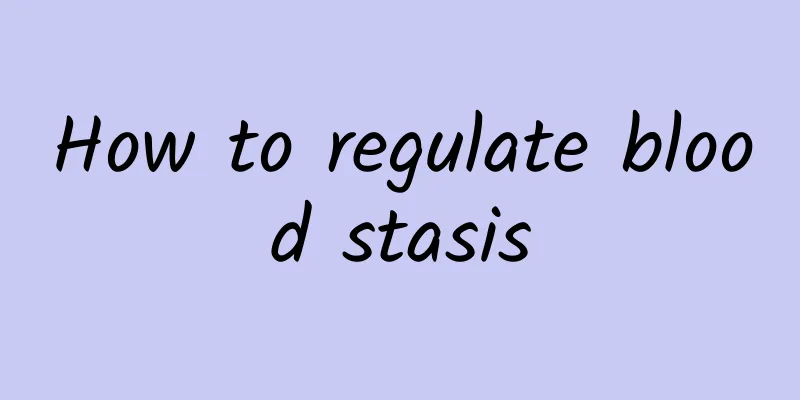What are the symptoms of human irritation?

|
When a person is mentally stimulated, they are prone to exhibit abnormal symptoms, and these symptoms vary from person to person. Some people will be extremely excited and unable to control their thoughts and behaviors, others will become irritable and easily angered, and some will feel inexplicably sad and cry, or suffer from headaches, or feel a sense of tightness in the head and other obvious symptoms. 1. Excitement symptoms: Patients are easily excited when reading books or newspapers or watching TV, and they can't help but have more memories and associations. Patients find it difficult to think in a directed way, but their undirected thinking is very active and uncontrollable. This phenomenon is particularly obvious before falling asleep, which makes patients feel deeply distressed. Some patients are also sensitive to sound and light. 2. Tension pain is often caused by tension, with tension headache being the most common. Patients feel a heaviness, swelling, tightness or stiffness in the head; some complain of back pain or muscle pain in the limbs. 3. The most common sleep disorders are difficulty falling asleep and tossing and turning, which lead to irritability and make it even more difficult to fall asleep. The second is to complain of having many dreams, waking up easily, or feeling that the sleep is very shallow, as if there was no sleep all night. Some patients feel tired but still sleepy after waking up; or they feel sleepy during the day, but when they go to bed, their brains are excited and they have difficulty falling asleep, which manifests as a disorder of sleep rhythm. Some patients, although they have fallen into a sound sleep and snore loudly, will firmly deny that they have slept after waking up and lack a real sense of sleep. The worry and distress caused by insomnia in this type of patients often exceeds the pain caused by the sleep disorder itself, reflecting the patient's anxious mood about sleep. 4. Other common psychological and physiological disorders include: dizziness, blurred vision, tinnitus, palpitations, heart palpitations, shortness of breath, chest tightness, abdominal distension, indigestion, frequent urination, sweating, impotence, premature ejaculation or menstrual disorders. Although these symptoms lack specificity and are also common in anxiety disorders, depression, or somatization disorders, they can become the main complaint of patients seeking treatment for this disease, thus masking the basic symptoms of neurasthenia. |
<<: What are the symptoms of Yin deficiency and Yang hyperactivity in women?
>>: What are the symptoms of milk spring hyperplasia
Recommend
Best treatment for roseola
Pityriasis rosea has a certain degree of self-lim...
How to lighten scar color
Scars are very common in our daily life. If you d...
Why do comatose patients shed tears?
Everyone should be familiar with the behavior of ...
What to eat for scar recovery
During the wound recovery period, you should not ...
Why do I feel dizzy even though my blood pressure is not high?
It is inevitable that people will get sick if the...
What to do if fat particles grow on the face
If you often have fat particles on your face, you...
Will low blood sugar cause hand tremors?
In our daily lives, we often see some middle-aged...
Poor liver function can actually affect the eyes.
The liver is a relatively important organ for the...
Is Mr. Ding's milk-inducing soup useful?
The so-called milk-increasing soup is pig's t...
I used Chinese medicine to cure my bronchiectasis
How many fly jumps can you make in 1 minute? Jump...
How to treat allergic conjunctivitis
Allergic conjunctivitis is an eye disease, most o...
What is the reason for no fetal heartbeat?
With the improvement of living standards, the foo...
Calluses on soles of feet become hard and painful to walk
In order to strive for their careers, young peopl...
What is lymph
We all know that lymphoma is a disease that can s...
Can I eat white radish if it turns blue in the middle?
White radish can be said to be a very nutritious ...









